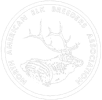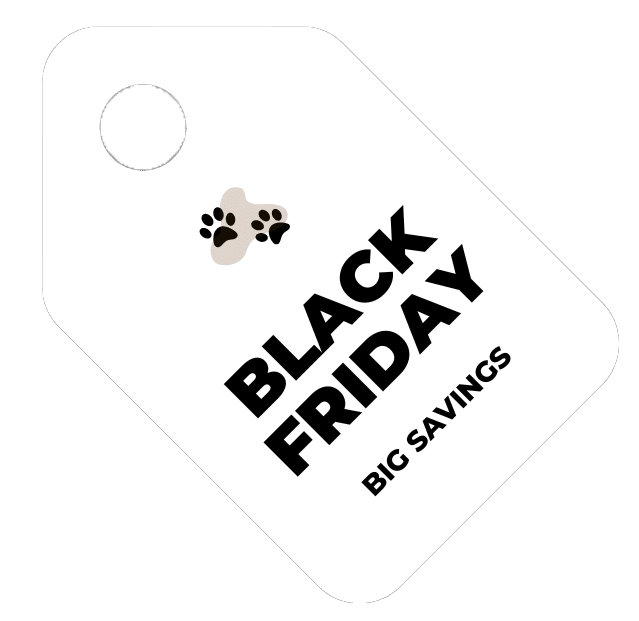As gross as it sounds, it’s quite common for your dog to eat his own poop. But, as dog lovers, we deal with all the stomach-rolling ups and downs of owning a dog: drinking from the toilet, licking their butts, throwing up–even this disgusting habit. If your dog is eating his own stool, you may be wondering, well, (1) why? And (2) what can I do to stop it.. Like, now?
The possible reasons that your dog may be suffering what those in the science community call “coprophagia” may be something as complex as diabetes, or as simple as he’s being underfed. So, it’s important to look at the possible causes of why your dog has picked up this breath-destroying quirk.
Poop Eating – A Common Phenomenon?
So, is your pup too gross to love? Of course not! He’s not even unique in his delectable dining decisions.
In a 2012 study presented at the annual conference, American Veterinary Society of Animal Behavior, conducted by Dr. Benjamin Hart, from UC Davis, it was discovered that:
- 16 percent of dogs are classified as “serious” stool eaters, which means that they were caught in the act five times.
- 24 percent of the dogs in the study (one in four) were observed eating feces at least once.
Dr. Hart concluded, “Eating of fresh stools is a reflection of an innate predisposition of ancestral canids living in nature that protects pack members from intestinal parasites present in feces that could occasionally be dropped in the den/rest area. The only way that wild canids can remove feces before infective larvae hatch is by consuming them –– no pooper scoopers available. ”
Malnourishment
Dogs lacking nutrients in their diet or are unable to digest nutrients in their food may result in negative malnourishment. This might lead to fido eating his doo-doo, because of the partially digested food that will help them meet their nutritional needs. The best route to avoiding malnourishment is to educate yourself on proper dog diets and feeding schedules. Consult your veterinarian about the best diet for your dog to stop him from eating his feces.
Enzyme Deficiency
When a dog hunts and captures prey in the wild, he eats the whole prey including the guts. This is where the canine diet’s need for enzymes is settled. Unfortunately, the standard bits-and-kibbles dog food doesn’t contain the right amount of digestive enzymes that your dog may require. A key aspect of your dog’s digestive system are enzymes. They assist the stomach in digesting food and absorbing nutrients. While, yes, dogs do create enzymes on their own within their body, they need to receive a supplemental amount from an external source, aka food. So, if you’re noticing an insatiable appetite and bad breath, they may be trying to get their nutrients from a smelly spot.
Normal Cleaning Behavior
If your dog is eating his own poop, it may not be cause for concern at all — it may simply be a natural cleaning behavior, especially in mother dogs with pups. Unfortunately, it can become a nasty habit. Some dogs will continue to eat stool even without puppies in a confused attempt to clean their “space”; most likely their dog house, kennel, or yard.
Breaking this Crappy Habit
After addressing the issue, and ensuring your dog isn’t suffering from a medical condition, you need to break this crappy habit. Here are a few ideas:
- The simplest solution can be done with a condiment that’s probably laying around your kitchen: Hot sauce! All you need to do is find your dog’s stool in the yard and cover it with hot sauce. One bite and he should be fearful of ever trying it again. This will cause the dog no harm.
- Another easy solution to a dog eating poop is vitamin supplementation. According to Mara Bovsun of the American Kennel Club, “There’s been a long-standing theory that dogs eat feces because they are missing something in their diets. Vitamin-B deficiency, in particular, has been a prime suspect, and studies have backed this up. In 1981, scientists showed fecal microbial activity synthesized thiamine, a B-vitamin. Other research found other missing nutrients.”
- Environmental and behavioral adjustments may be your best bet for the long term. Remember to keep your dog’s space clean – whether it’s the yard or the living room. If he doesn’t have poops to eat, then he won’t eat them! If you own a cat, keep the litter box clean or away from the dog, as not only is cat poop a delicacy in dog land – so is kitty litter! Finally, work on the commands “leave it” and “come”; give your dog a treat as soon as he obeys. That way your dog will be conditioned to expect a box of fine chocolates and shy away from the tootsie roll on the ground.





